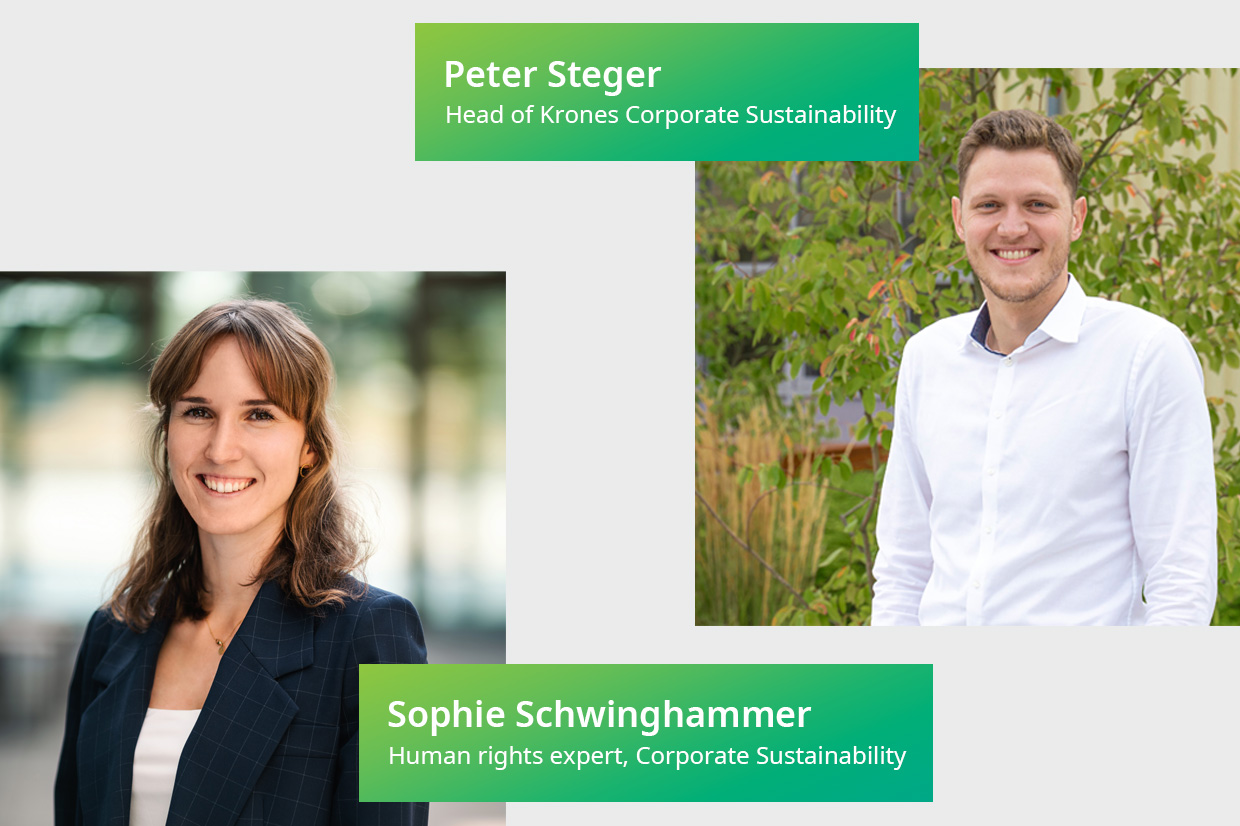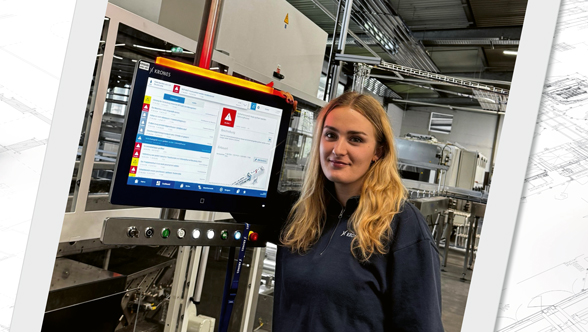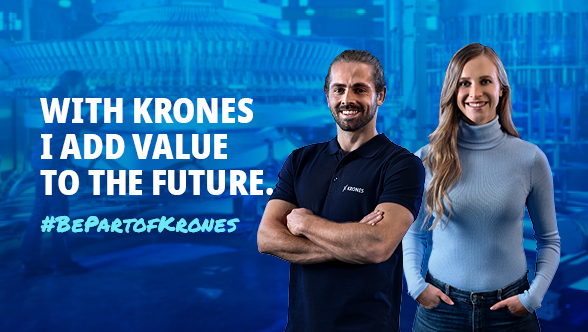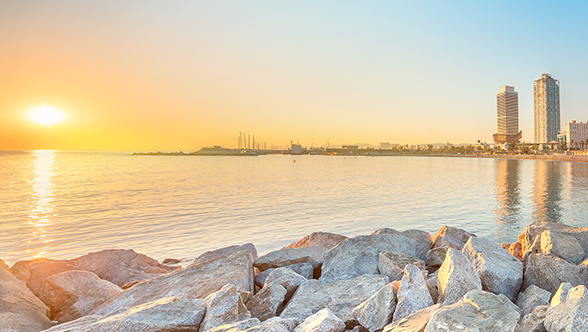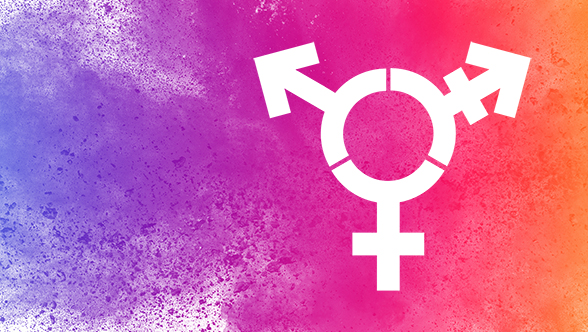Mr Steger, Ms Schwinghammer, when I hear “Supply Chain Due Diligence Act”, fair trade coffee or bad working conditions in Asian sewing factories and in mining spring to my mind. Which areas are particularly relevant to Krones in terms of human rights?
Steger: Before I go into detail, I would like to emphasise two aspects of the LkSG that are frequently overlooked. Firstly, the act applies not only to suppliers but to a company’s own operations as well. And secondly, it covers not only human rights and labour legislation but also certain obligations to preserve our natural environment in order to protect people.
Human rights can be violated in many areas. For Krones, one of the areas entailing a potential risk is the sites where we carry out work, for example. When we hear about a possible violation of labour legislation or human rights on a site, we have to follow up on the matter. That means we start by asking what exactly was observed on that site, next we check what is actually going on there and then clarify whether we need to take action, and if so, what we must do. One example in this context would be compliance with occupational safety regulations. The LkSG also considers this to be a high-focus issue of human rights due diligence.
Schwinghammer: We believe it’s vital to provide in-depth training for our employees on labour legislation and human rights. They have to know which processes are considered critical and internalise that it is both good and important for Krones to report their observations. In this way, we prevent both people from being harmed and damage to our company’s reputation.
Steger: Steel is another example here. As a plant and machinery manufacturer, Krones purchases thousands of tons of stainless steel, and smaller quantities of steel and aluminium. The dealers from whom we buy these raw materials are at the end of a relatively long supply chain which begins in a mine. By law, we are basically responsible for Tier 1, meaning our direct suppliers. With steel, that’s mainly the dealers. But the biggest risks of human rights violations do in most cases not lie with them. Steel production itself is also subject to stringent legal standards in many countries. So the real risks actually lie with the mines, and even though the LkSG says we bear only indirect responsibility for that, we have to keep our eyes open and our ears tuned and be alert to potential violations.
In the final analysis, the primary goal pursued by both the Supply Chain Due Diligence Act and the human rights management system at Krones is to protect people. We want to help all people get away from precarious human-rights situations, no matter what stage of our value chain they work in, and correct the circumstances involved.
 Peter StegerHead of Krones Corporate Sustainability
Peter StegerHead of Krones Corporate Sustainability
